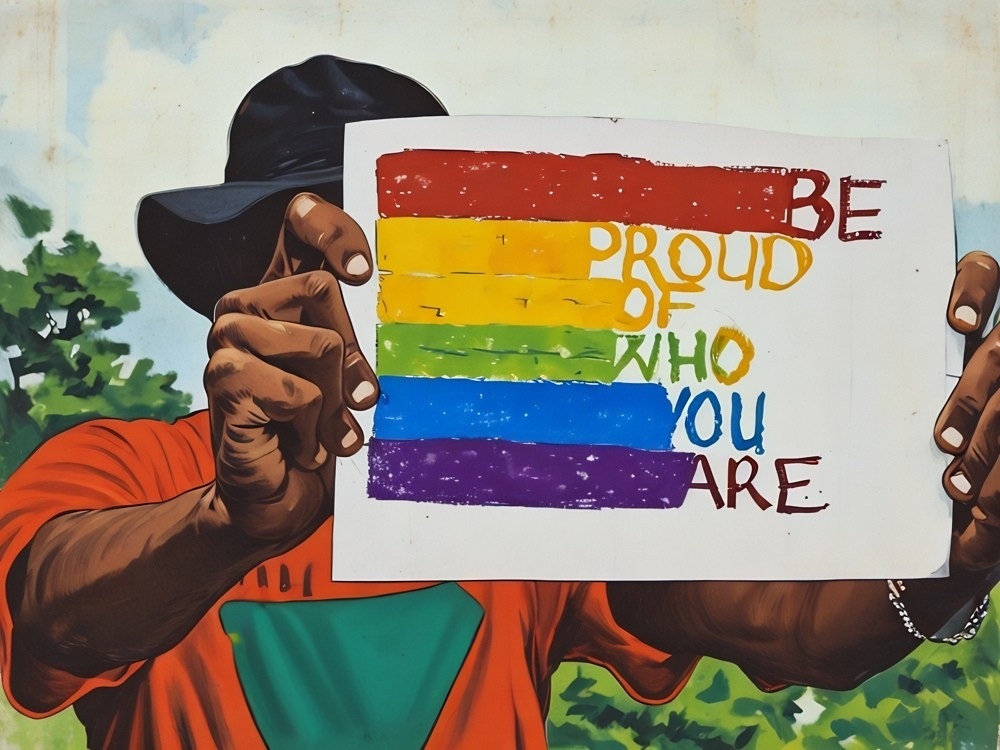A new report has found that in 2024 — a year dubbed the “super election year” — candidates in 85% of elections worldwide used anti-LGBTQ+ talking points to appeal to voters.
According to Outright International, more than 1.5 billion votes were cast in at least 89 countries, with 51 out of 61 jurisdictions studied featuring campaigns that scapegoated LGBTQ+ people.
Rhetoric included attacks on “gender ideology,” claims that LGBTQ+ people are “foreign agents,” and efforts to blame queer communities for governments’ failures.
“Anti-LGBTIQ rhetoric is no longer a fringe issue; it is a central tool in the modern authoritarian playbook,” said Neela Ghoshal, Senior Director of Law, Policy, and Research at Outright International. “When politicians attack their own citizens to win power, democracy itself is at risk.”
Authoritarian Playbook
The report highlights that LGBTQ+ communities and other marginalised groups were among the first casualties of democratic backsliding in 2024.
The five largest democracies — India, the EU, the U.S., Indonesia, and Brazil — all saw queer candidates or communities targeted.
In the United States, Donald Trump’s campaign reportedly spent over $212 million on ads targeting transgender people, spreading misinformation about gender-affirming care and athletes. Post-election, some Democrats also blamed the party’s losses on its support for trans rights, despite polls showing these were not decisive issues for voters.
Elsewhere:
- UK: Far-right party Reform U.K. pledged to ban “transgender ideology” in schools.
- Canada: Sask party leader promised to ban trans students from certain facilities; New Brunswick conservatives campaigned against chosen-name policies.
Queer Resistance
Despite attacks, 2024 also saw LGBTQ+ communities mobilise and resist:
- In Bangladesh, queer people played a pivotal role in the July Revolution, a mass student-led uprising that toppled the long-serving prime minister.
- In Türkiye, activists continued Pride marches despite bans and police violence.
“Queer communities mobilized not just for their own rights, but in solidarity with all marginalized groups — understanding that their fates were intertwined with the health of democracy itself,” the report notes.


































